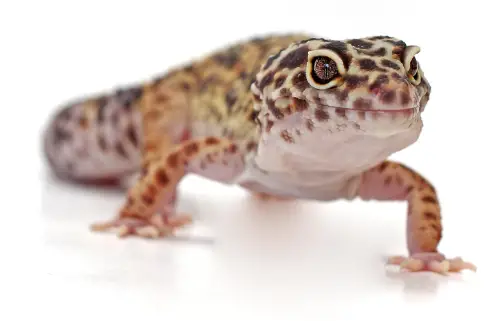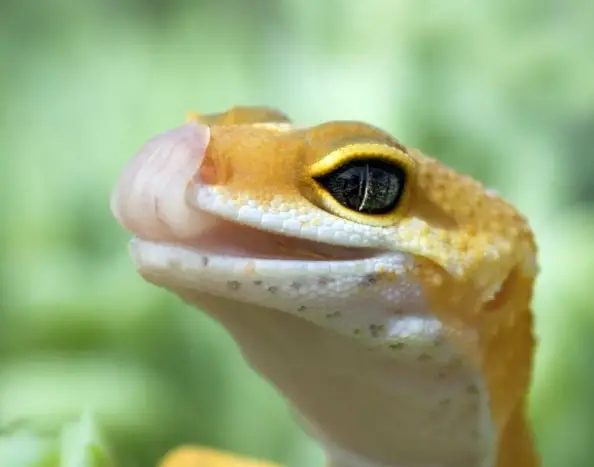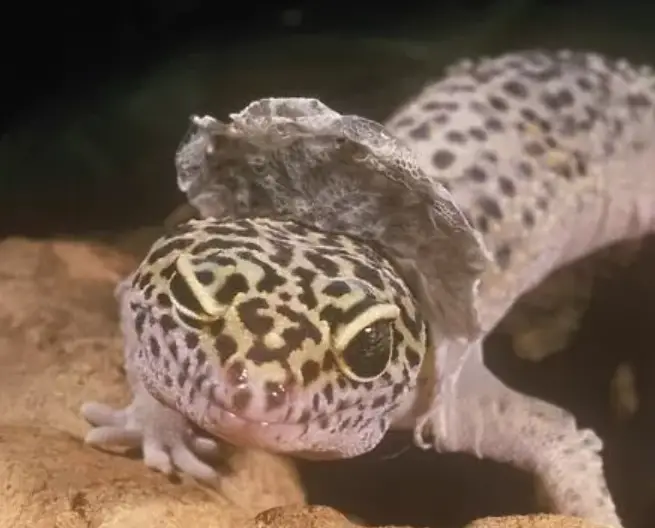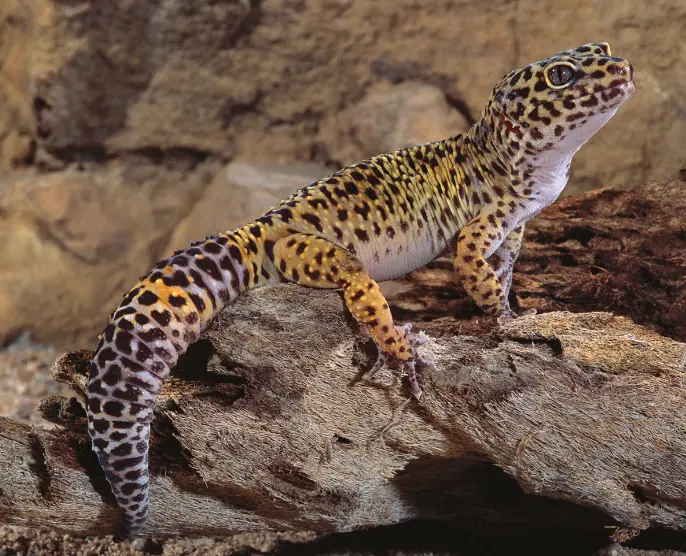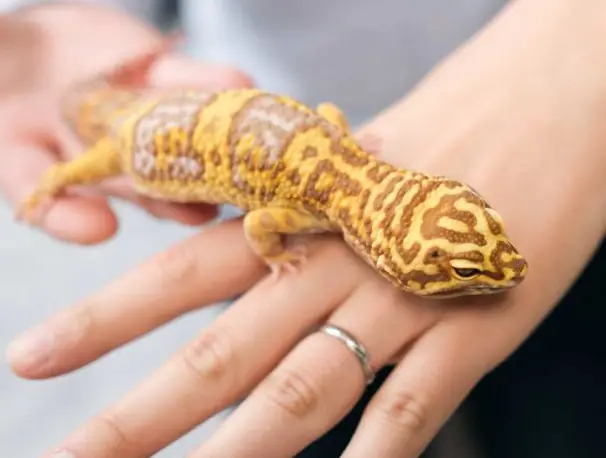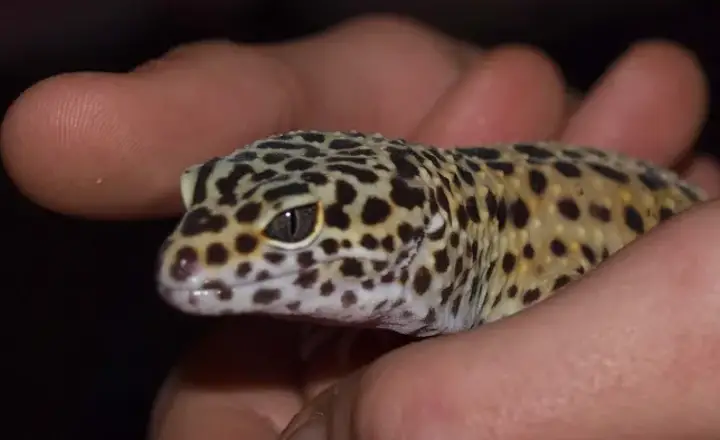Leopard geckos are a popular pet choice for reptile enthusiasts due to their small size, easy care requirements, and interesting appearance. However, some leopard gecko owners may notice that their pet is smaller than expected or not growing at the same rate as other geckos. This can be concerning and may lead to questions about the gecko’s health and well-being.
In this article, we will explore some of the reasons why a leopard gecko may be smaller than average and what steps can be taken to ensure proper growth and development. Whether you are a new or experienced leopard gecko owner, understanding why your pet is small is crucial for providing the best care possible.
Genetic Factors
Leopard geckos are small because of a combination of genetic factors and environmental factors. Some genetic factors that can contribute to a small size in leopard geckos include:
- Dwarfism: Some leopard geckos are born with a genetic condition called dwarfism, which causes them to be smaller than average.
- Inbreeding: If a leopard gecko is bred with a close relative, it can result in a smaller size due to a reduction in genetic diversity.
- Heterozygous traits: Leopard geckos have different variations of genes that can affect their size. Some geckos may have heterozygous traits that result in a smaller size.
- Size-related genes: There are specific genes that control size in leopard geckos. Some geckos may have variations of these genes that result in a smaller size.
It’s important to remember that small size is not necessarily a negative thing, and leopard geckos can still be healthy and happy despite their size.
Environmental Factors
There are several environmental factors that can contribute to a leopard gecko being small. These include:
- Incorrect temperatures: Leopard geckos require specific temperatures to thrive. If the temperatures in their enclosure are too low, they may not be able to digest their food properly and may not grow as quickly as they should.
- Lack of nutrition: If a leopard gecko is not getting the proper nutrition, they may not grow as fast or as large as it should. Make sure they are being fed a balanced diet with the correct amount of calcium and vitamins.
- Stress: Stress can cause a leopard gecko to stop growing or to grow at a slower rate. Avoid overcrowding, handling them too frequently, and providing them with too many hiding spots.
- Parasites: Parasites can also inhibit growth and lead to a leopard gecko being small. It is important to have regular vet check-ups and keep a close eye on their feces to ensure they are not infected.
- Genetics: Some leopard geckos may be naturally smaller due to their genetics. However, if the leopard gecko is healthy and well-cared for, it should still reach its maximum potential size.
If you suspect that your leopard gecko is small due to environmental factors, make sure to address the issues and provide them with the proper care to help them reach their maximum potential size.
Health Issues
There are several possible reasons why a leopard gecko may be small:
- Genetics: Some leopard geckos are naturally smaller than others due to their genetic makeup.
- Malnutrition: A lack of proper nutrition can cause a leopard gecko to be small and stunted in growth.
- Parasites: Parasites can cause a leopard gecko to lose weight and become small.
- Illness: Certain illnesses can cause a leopard gecko to lose weight and become small.
- Stress: Stress can cause a leopard gecko to lose weight and become small.
It is important to consult a veterinarian if you suspect your leopard gecko may have a health issue causing its small size.
Conclusion
There could be several reasons why your leopard gecko is small. Some potential causes could include genetics, improper diet, lack of proper lighting and heat, and poor living conditions. It is important to consult with a veterinarian or a reptile expert to determine the specific cause and develop a proper care plan. With proper care and nutrition, your leopard gecko should grow and thrive.
